Shifting into Sustainable Lifestyles for People and the Planet
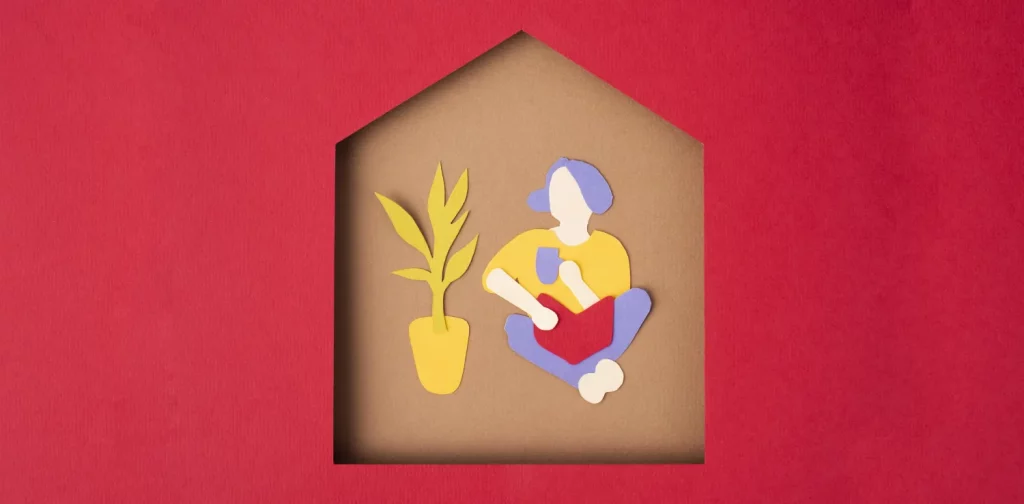
Photo: Freepik.
So many aspects of our lives are interconnected. Our decisions on how we live can impact our health, economies, other people, and the planet. Then, what are sustainable lifestyles? What aspects should we consider to build a way of life that can generate positive impacts for the people and planet?
What are Sustainable Lifestyles?
The concept of sustainability is multidimensional and intersectional. It encompasses many aspects, the three main ones being the environment, social, and economy. These aspects are interconnected in a way that a change in one aspect can affect the others.
Recent years have seen a global shift in implementing sustainability aspects in many parts of our lives, including lifestyles. The United Nations Environment Programme (UNEP) defines sustainable lifestyles as “clusters of habits and patterns of behavior embedded in a society and facilitated by institutions, norms, and infrastructures that frame individual choice in order to minimize the use of natural resources and generation of wastes while supporting fairness and prosperity for all.”
In other words, shifting into more sustainable lifestyles means understanding how our daily choices, even the most trivial ones like dinner menus or outfits of the day, can impact the people and planet. Still, it is crucial to remember that the change towards more sustainable lifestyles is not an individual fight. A systemic change in social norms and systems must support it, including government regulations, business transformation, and other innovations from key stakeholders.
Key Aspects
In 2016, the UNEP published a framework for shaping sustainable lifestyles. The framework includes several key areas in sustainable lifestyles:
- Food
What we eat and drink have impacts on the environment and society, directly or indirectly. This includes the entirety of the food value chain—how the food and drink are produced, processed, distributed, and disposed of. In light of global hunger and food loss and waste, a major systemic transition is needed to support sustainable food production, consumption, and disposal systems.
- Housing
Our houses, how we build them, and how we live in them impact our natural and social environments, such as our well-being and energy consumption. Net zero buildings have emerged as a way to accommodate more sustainable urban spaces, including the use of biophilic building design. While being mindful of our everyday appliance usage is important, it must go hand-in-hand with large-scale interventions from governments, businesses, and other key players.
- Mobility
The transport sector is one of the major contributors to global greenhouse gas emissions. At the same time, public transport systems still lack the proper facilities and infrastructure to create accessible, inclusive, and safe experiences for all. Therefore, the road to sustainable mobility, including the shift to electric vehicles and sustainable fuels, must not inflict more damage to people and the planet.
- Consumer goods
Our consumption patterns, including the products we buy, the materials used to produce them, how we use them, and how often we replace them, can leave footprints on society and the environment. Consumers, companies, and regulators must move forward together toward sustainable consumption and production of our everyday goods.
- Leisure
How we spend our leisure time can affect our consumption and carbon footprint. For instance, taking taxis to closer destinations will generate more emissions than walking or cycling. Whenever possible, we can try to incorporate responsible and sustainable ways while on vacation.
Doing What We Can
The world is changing, and we must contribute to creating a better world for all. Indeed, the shift towards sustainable lifestyles may seem overwhelming, but it is important to remember that there is no universal sustainable lifestyle. What is sustainable for one person in one place may not be sustainable for others in different conditions. As individuals, we should do what we can to minimize damage and foster positive impacts on our surroundings. Of course, governments, businesses, and organizations also have to do their parts in ramping up their initiatives, collaborations, and efforts to foster progress and growth that leaves no one behind.


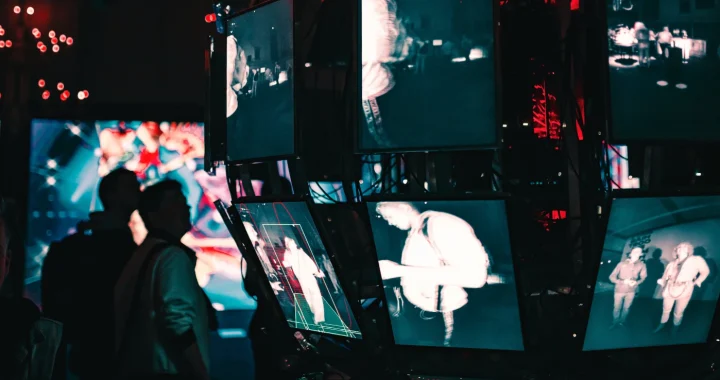 Unveiling Potential Technological Risks amid Global Crises
Unveiling Potential Technological Risks amid Global Crises 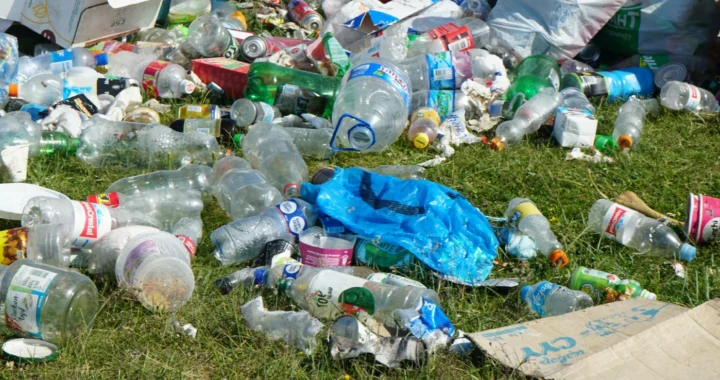 Waste-to-Methanol, a Potential Sustainable Solution for Waste and Energy
Waste-to-Methanol, a Potential Sustainable Solution for Waste and Energy 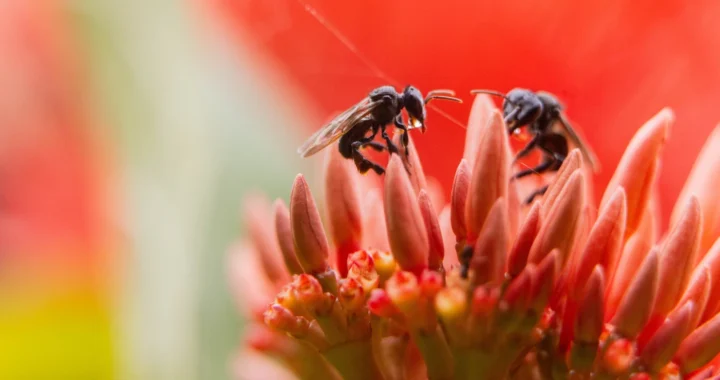 In Peru, Stingless Bees Are Granted Legal Rights
In Peru, Stingless Bees Are Granted Legal Rights 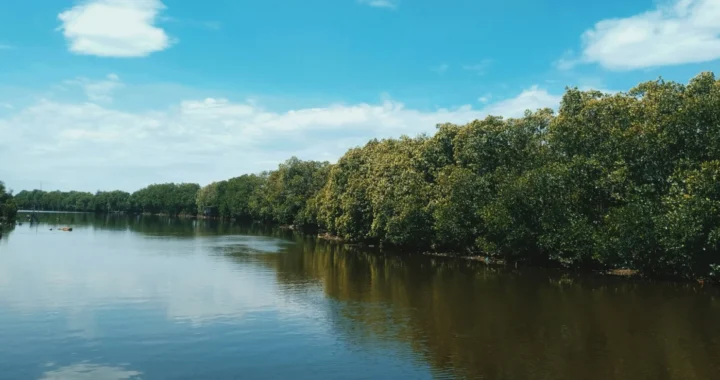 Looking into the Government Regulation on the Protection and Management of Mangrove Ecosystems in Indonesia
Looking into the Government Regulation on the Protection and Management of Mangrove Ecosystems in Indonesia 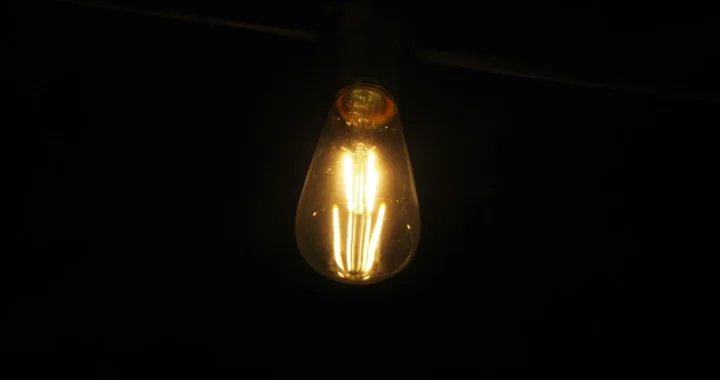 Integrating Systemic Renewable Energy Innovations for Energy Transition
Integrating Systemic Renewable Energy Innovations for Energy Transition 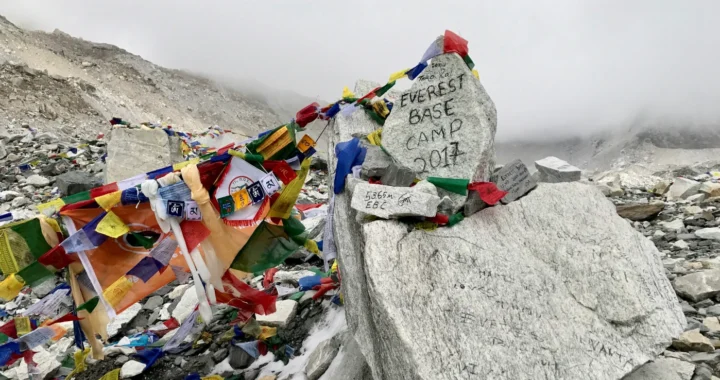 Nepal’s Five-Year Strategy to Clean Up the Mounting Waste in Mount Everest
Nepal’s Five-Year Strategy to Clean Up the Mounting Waste in Mount Everest